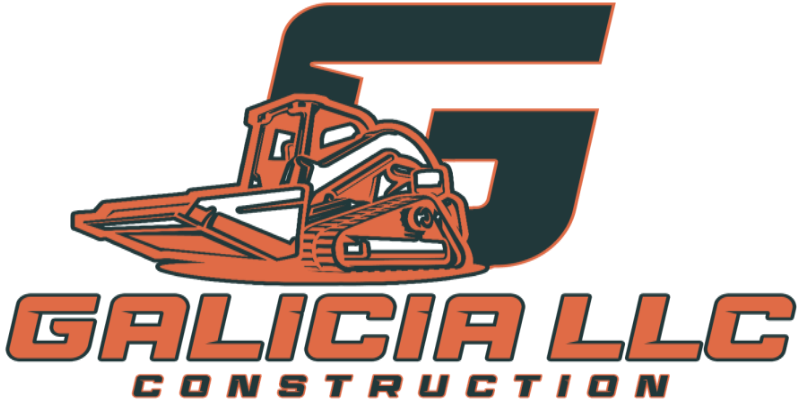How Long Does It Take for Concrete to Dry? A Comprehensive Guide
From a distance, concrete appears to be just another construction material, however, it is a chaotic construction material which homeowners and contractors question as ‘what is the process for concrete to dry?’. Understanding the nuances of drying time becomes critically important, especially when the project involves driveways, outdoor patios or even indoor floors.
This abstract looks forward to providing aid when searching for answers related to the time a contractor takes to complete their work on concrete, and includes additional details needed on the driveway and sealant as well.
Understanding Concrete Drying Versus Curing
As we look forward to understanding the timeframes, we first have to distinguish between drying and curing:
- Drying refers to the process of water evaporating from the concrete surface.
- Curing is a chemical reaction that strengthens concrete over time, continuing even after it has dried.
Typically, concrete reaches 70% of its strength in 7 days and fully cures within 28 days.
What is the average time for concrete to dry?
Usually, concrete takes 24 to 48 hours before foot traffic can access the area and 7 days in the case of vehicle access. However, temperature, humidity and the particular blend of concrete used are some of the many factors that would alter the timeframe.
Factors that affect concrete drying time
- Weather Patterns – the presence of high thawing temperatures alongside dry weather results in a faster rate of drying. Similarly to that, lower colder temperatures or high humidity may slower down the drying process.
- Thickness of Concrete – slab developed over the ground level may take longer to dry.
- Water Proportion – increase of water in proportioned makes increases the period of time needed for drying.
- Surface Treatment – In some cases, curing agents or sealers are able to alter the reaction rate of drying.
How Much Time Does It Take for Concrete Sealer to Dry?
Concrete slathering aims to protect the concrete surface and joining the gaps or cracks which appear in the concrete. How long does it take for concrete sealer to dry?
- Water Based Sealers: Dry within 1 to 3 hours and fully cured 24 to 48 hours.
- Solvent Based Sealers: They dry 2 to 4 hours after application, but may fully cure after 72 hours.
- Be sure to avoid touching the surface for the best results.
How Long Does It Take for Driveway Concrete to Dry?
It is critical to time everything appropriately when building a driveway to ensure durability. The question is, how long does it take for driveway concrete to dry?
- Foot Traffic: After 24 to 48 hours.
- Light Vehicles: 7 days after pouring.
- Heavy Vehicles or Equipment: Recommended is 28 days.
- To avoid damage, try not to drive on the driveway until it reaches recommended strength.
How Much Time Does It Take For Concrete Sealant To Dry?
Concrete sealant offers one additional layer of protection. Now the question, how much time does it take for concrete sealant to dry?
- Thin Coats: For most purposes, allow 1 to 4 hours for drying.
- Thicker Coats: Allow up to 24 hours.
- Curing Time: Full Curing time is achieved in 48 hours.
- How to Accelerate Concrete Drying Time
- The following is a helpful list to help solve the problem of excessive concrete drying time:
- Control Humidity: Fans or dehumidifiers may be used in confined areas.
- Use curing compunds: These compounds can seal water so that a faster and more even cure is achieved.
- Use quick- dry concrete with certain additives: These additive will greatly enhance the drying rates.
- Cover with plastic sheeting: This will help retain moisture which aids leveling and even cures.
Conclusion
Achieving a basic understanding of concrete curing and drying is very important for getting the intended results for a project, whether it is applying a sealer, working on the driveway, or using a sealant. Knowing the proper drying time is critical to help avoid cracks while ensuring durability.
If you are going to do a concrete work project, be sure to consider the weather, thickness, and type of sealing products for optimum outcome.
Need more construction tips? Stay tuned for expert advice on concrete maintenance and best practices!

